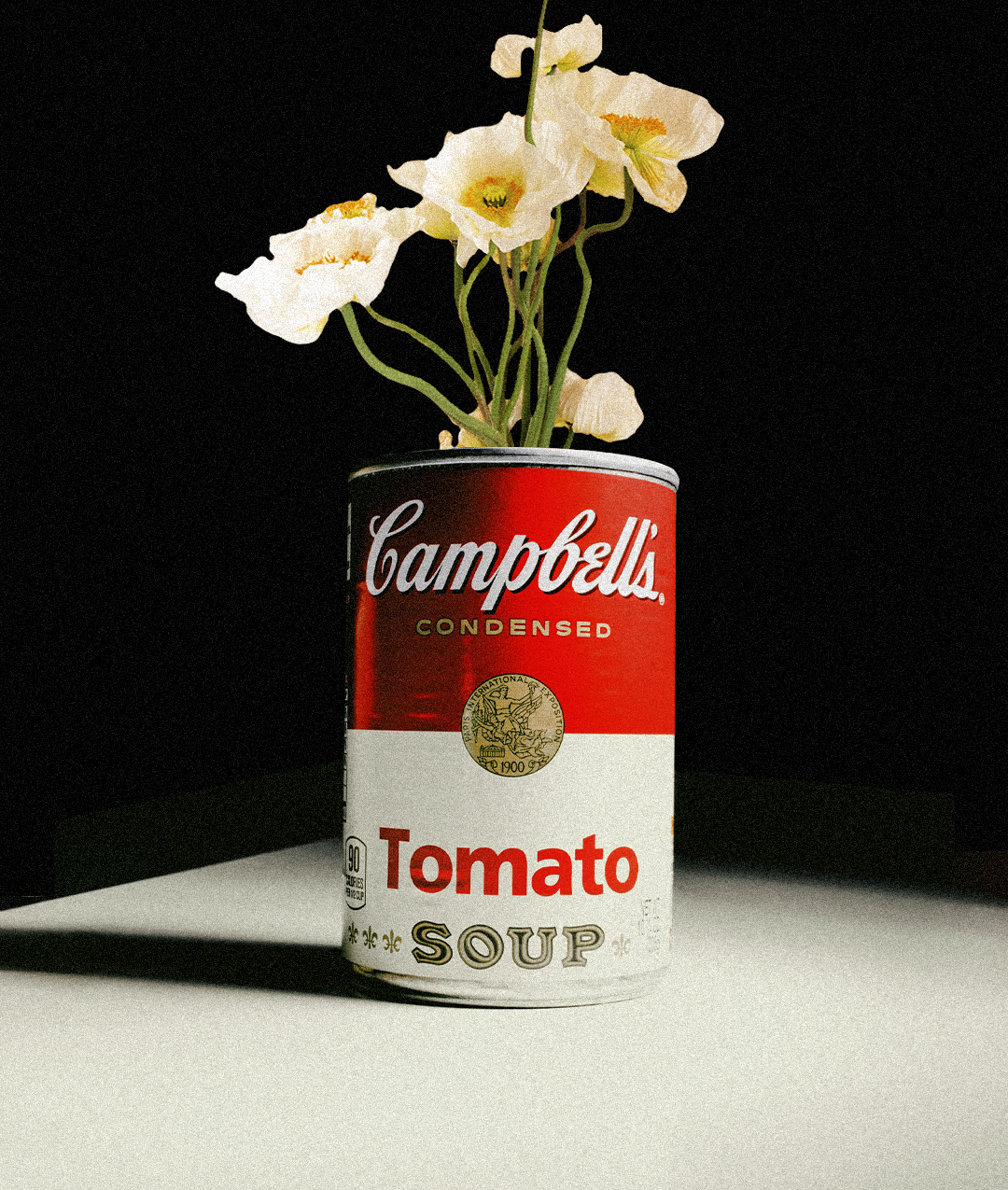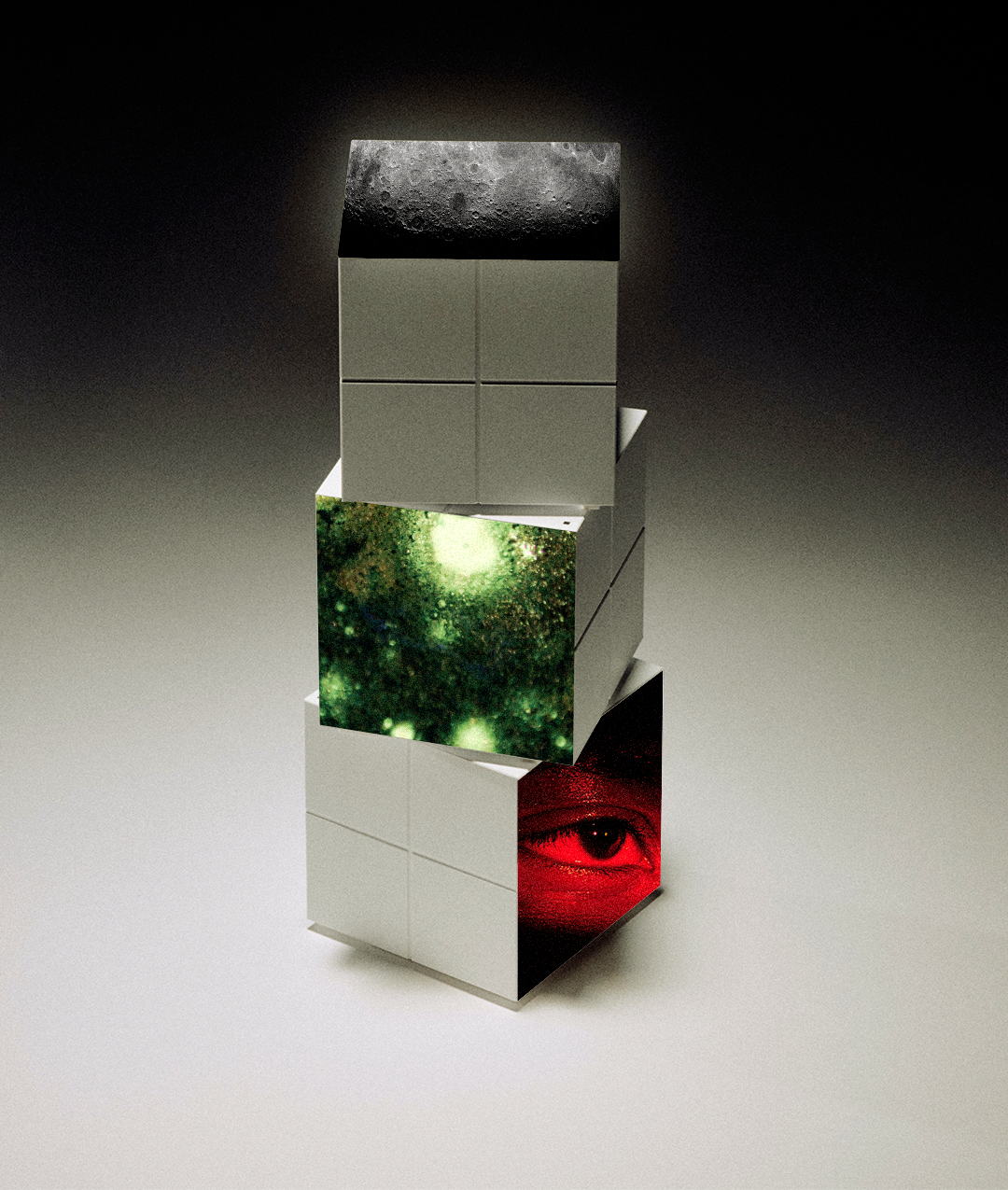Opening Up Isn’t Personal, It’s Perverse.

We’re told to have open minds but we’re sent to formal schools. We have open-door policies but work in virtual rooms. “When things open up…,” we say to foil the pandemic’s erratic disruptions. “Open your eyes!,” we shout when a friend can’t find the corkscrew in the kitchen drawer.
“I was on stage at Concrete Love last year. Beforehand, I stressed myself out about the script, doubting both my ability and my credibility. But on that Saturday night, I felt with all my being that I was in the exact place that I was supposed to be. I realized that presence and energy trump the perfect words and the idea of being a perfect host. It’s the most open I've felt. One of those moments where I could feel consciousness running through my veins. It was magical, alive, immediate. And I know what I was doing: peeling off another layer. It’s part of a lifelong process of letting go of my old patterns, safe places that feel too safe as an adult.” —Monika
Open-heart surgery, open for business, the opening sequence. An open mic night, open source software, the open bar at a wedding. A new place opened up for sushi! Sorry, there aren’t any open slots available. But of course, the issue is open to debate.
“I was in the bookstore waiting to read my story. But there was a snowstorm outside and the only people who showed up were one of the employees, a homeless man, and the girl who organized the event. The rest were empty chairs. We kept waiting, but no one was coming. So we opened up the bottle that was bought for the occasion. And we all drank some. And we talked. And I told them how much I hated reading. That the whole reason I became a writer was to speak my mind without having to deal with people. They all laughed, and it became a better story. And when I walked back to my hotel room, the world felt a little softer.” —Marc

It isn’t personal.
Opening up isn’t personal, it’s perverse. It’s a radical act to shut off our learned behaviors in exchange for the ultimate reward of exposing our true selves. Business is no different—we hang our personalities at the door when we walk into an office, we post false backgrounds in virtual meetings to mask our shame for our material environments. We know we need to close some things in order to open others. And that creates conflict.
“As a voice coach I help people communicate. But the true test of one’s skill is when it’s turned upon yourself. When I was birthing my second baby, I wanted to really trust myself. I wanted to set myself securely in the thought that I had everything I needed—which meant using my voice. To my surprise, I found myself singing. I was intuitively performing these clear, high-pitched sounds as the baby made her way. ‘This is totally different,’ I thought. Maybe it was madness, maybe it was music. Maybe it was both—it was birth after all. It made me feel more than being open, it was an elsewhere that had invited me in.” —Esther
Sure, we have plants and teachers and deep tech to help us mitigate the rough edges. We have books that have been bleeding topics like learned identity since we thought the Earth was flat. And let’s face it, we’re terrible at letting go of who we’re supposed to be. Do you know anyone who holds on to the door handle once they’ve already entered a room?
Look at Hubspot and their “no door policy” where everyone is accessible to anyone within the company. This makes the business’ leaders available, but also their work—things like financials, board presentations, and information from management meetings. In their words: “Remarkable transparency helps us make decisions and take ownership.” Or Pixar, where employees were getting over the shame of showing each other their unfinished work way before the startup phrase “fail fast and often” was even a thing.
But is it really about transparency? After all, doesn’t that imply the need to see through yet another layer? What happens when we smash the glass altogether instead of laying things out in the open like some display window to exhibit our authenticity? Maybe it’s more a deep dive into our shadows—the place where dreams, imagination, and wonder begin to guide us when we’re willing to go under. Is this a comfortable place? Probably not. But it’s probably where and when our beautiful condition is most likely to appear.

Other openings.
Think Bruno Giussani, the TED global curator who organized a TED talk by the Pope, or the artist Libby Heaney who uses quantum tech against itself to forge new expressions of belonging with one another and the world. What about the metaverse mentalist João Blümel? That’s definitely an openness beyond an open mind. Or Dr. Shannon Dames, who invites us to consider psychedelics as vehicles to heal and support our mental resilience. Are we willing to be open to letting that in?
And just this week, we saw a study stating that cannabis might prevent COVID-19, and the xenotransplantation of a pig heart into a person just happened too. And in a time of lockdowns, quarantines, and “can you pass me the hand sanitizer?” the Openness Platform is urging us to open up to others, to feel less alone.
Now over to you. What are you open to?
Join our Open House this Friday, January 21. Sign up here.
